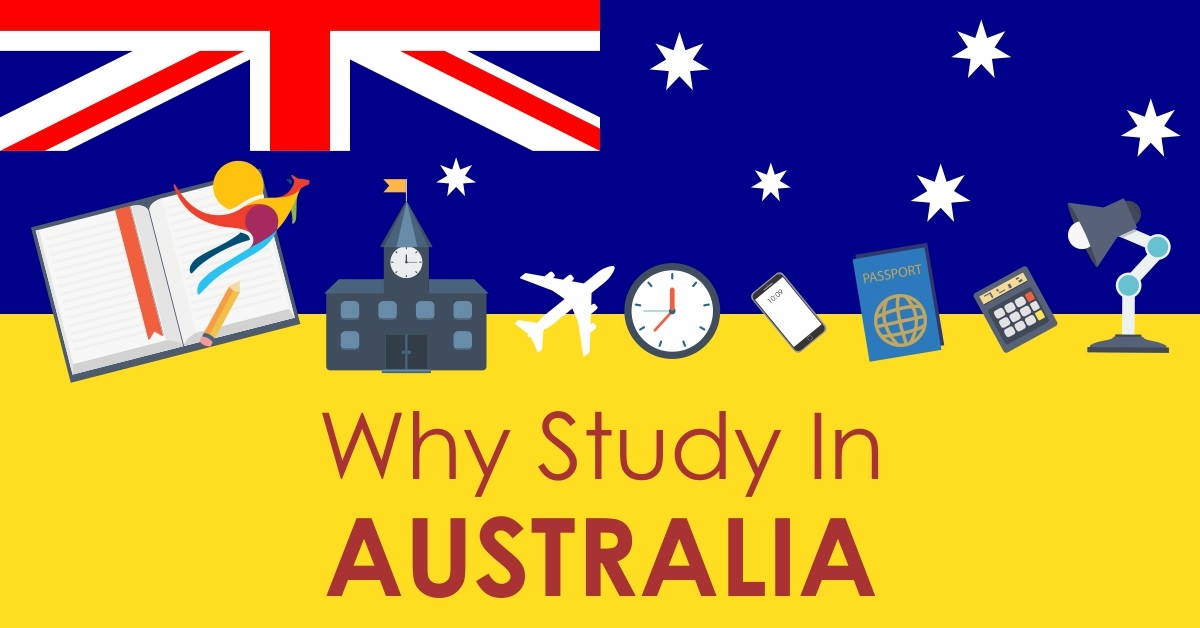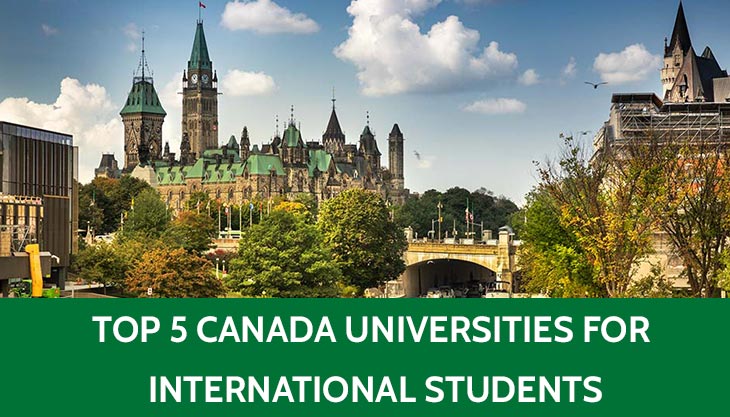Choosing an educational path after completing 12th grade is one of the most significant decisions a student will ever make. At this critical crossroad, students are presented with numerous options. Despite the potential chaos, it is essential to adhere to one’s interests and determine if a particular path is worth pursuing. Many view this as an opportunity to gain skills in a field that excites them and to pave the way for a future career in that area. If you are among those who desire to pursue something extraordinary in a field that excites you and have a strong will to choose the road less travelled, this is your cue!
This blog will primarily focus on providing insights into the reasons you should consider moving to a new country after 12th grade, the potential perks of such a decision, and the possible paths you can take if you are determined to make a mark.
Reasons for Choosing to Go Abroad for your Higher Education:
While the pros and cons can be paradoxical in this context, there are some telltale signs to consider if you are passionate about pursuing your dream. Make sure to weigh the advantages and the difficulties one might face before making a final decision. Here are some generic reasons to choose overseas education:
● Better Scope – Although our country is making significant advancements in various fields and is expected to improve even more in the coming days, not every field you are interested in receives the recognition you seek. Studying in a country that specializes in a certain area of interest might provide a better scope.
● Global Exposure – Networking has never been easy. It’s a skill developed when you decide to understand people and cultures. If networking and global experience is one of your goals, moving to study abroad, especially at a young age, provides ample opportunities to do so, giving you an edge over others who begin to socialize and explore opportunities much later.
● Scholarships and Financial Aid – Various scholarships, grants and financial aid for international students are provided by many top universities, for students of merit worldwide. There is also a lot of potential for part-time work to support living expenses.
● Research Opportunities – Students can engage in innovative research projects, as they have access to advanced labs and resources. There is also an additional feature that allows you to choose interdisciplinary studies in several countries.
● Self-Reliance – Staying away from a place that is associated with your entire upbringing can be a difficult choice but never not worth it. It teaches you the art of self-reliance and makes you independent enough to face life’s challenges. It also helps you in improving your problem-solving and adaptability skills.
● Be a Part of a New Culture – Moving abroad will let you experience the joy of diversity and be a part of a novel, dissimilar culture that has the capability to both surprise and challenge you. Needless to say, it’s an added bonus if you choose to move to a country with a culture you are curious about or something that you’ve always wanted to be a part of.
How to Go Abroad after 12th?
Well, now that you have reached a final conclusion and prepared yourself mentally to embark on a life-altering journey, the question “What next?” is likely to be on your mind. Don’t worry; we’ve got that covered for you.
Factors to be Considered before Choosing a University:
● University Accreditation – Before choosing a university, be sure to check out its ranking and the accreditations acquired by both – the university as well as your desired department.
● Safety – Meticulous consideration of safety measures taken by the university becomes a key factor when moving to a new country, away from your home. Make sure to even check details about lifestyle, climate, and other factors that might seem unimportant at the moment before proceeding with your application plans.
● Student Support System – Support for international students, including orientation programs, counselling, and career services must be provided. Also, look for the availability of language support and tutoring services so that it becomes a lot easier to socialize with like-minded groups of people around you.
● Visa and Immigration Policies – Check for ease of obtaining a student visa and related regulations and the policies regarding work permits during and after studies.
● Alumni Network – Do your fair share of research regarding the strength and reach of the alumni network. You can also contact some alumni that you can reach out to, on work-related social media platforms like LinkedIn and discuss their personal experiences on the campus. Learn about the success stories and career paths of graduates.
What are the Requirements for your First-Ever Application?
● Academic Qualifications – This includes proof of completion of 12th grade or equivalent. Certain universities may also demand a particular threshold score that a candidate must satisfy, so always look out for that.
● Entrance Tests – Unlike the tests conducted for graduates, at the entry-level, tests for applicants are rather standardized. They might have to opt for English language proficiency tests such as TOEFL or IELTS, whereas in countries like the USA, one might have to take the SAT or ACT for certain undergraduate programs.
● Passport and Visa – A valid passport with sufficient validity and a student visa for the country where you will be studying. Obtaining a visa typically involves an application process, including an interview at the consulate or embassy.
● Additional Documents – Required additional documents may include proof of sufficient funds to cover tuition fees and living expenses like bank statements, sponsorship letters, scholarship award letters or even an affidavit of financial support from a parent/guardian who is funding your education.
● Few universities may also demand medical examination reports, vaccination records and health insurance coverage as mandated by the university or the host country. Also, be prepared for some interviews by the universities, especially if you are opting for courses of fields like art, design and architecture (They may also demand a portfolio showcasing your previous works),
As mentioned at the beginning of the blog, choosing to move abroad right after your 12th grade is a crucial decision that demands a lot of willpower and unwavering dedication. It also requires courage and mental preparation to stay focused and not give up on what excites you. Therefore, thorough discussion and several rounds of research are essential before making the final decision.
We recommend getting in touch with Study abroad consultants to help you sail smoothly through the entire process of studying abroad right from selection of the course, to preparing for the exams and applying for the visa.
Good luck with whatever you choose to do.
We can’t wait to see you shine!










